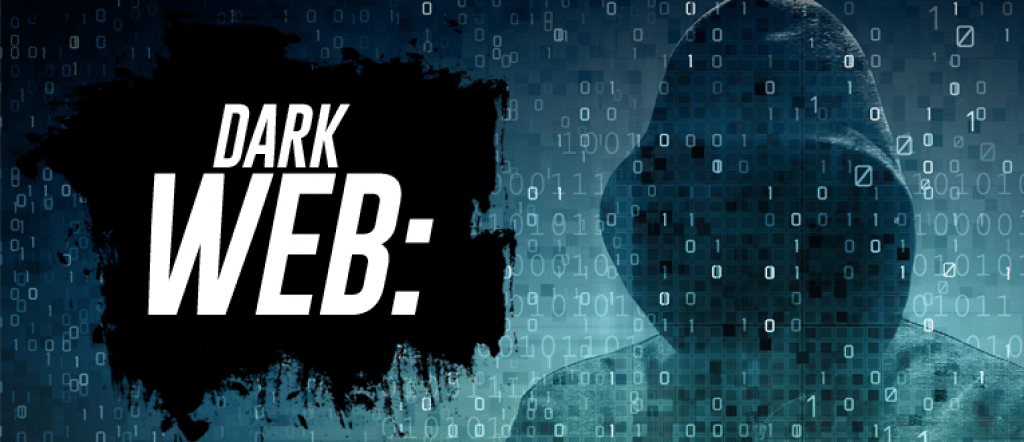What is the Dark Web?
The “dark web” is a collection of websites that help to disguise the IP addresses of servers responsible for their operation.
It sounds sinister and sometimes it can be.
You can’t find these sites on a typical search engine, but those who use them often find ways to run criminal networks that involve everything from illegal drugs to a the selling of stolen identities.
How Does the Dark Web Work?
You may not know it, but sites you access with a search engine such as Google are considered to be on the “surface web.”
The surface web leads you to all of those blogs, news sites and other pages you visit daily.
But in reality, this accounts for only an estimated 5 percent of World Wide Web content.
There are deeper levels of the web; in fact, if you can’t find something with a simple search engine, it’s probably in the “deep web” – anything a search engine can’t gain access to.
The deep web contains perhaps 95 percent of the World Wide Web’s content. For the most part, this is a safe place for information.
But a little deeper into the web is the “dark web.”
This is a layer within the deep web that has, for various reasons, been purposefully tucked away and hidden. You can’t access the dark web with your standard web browser.
Accessing the dark web can be as simple as downloading a very particular browser, known as a TOR, which allows for anonymous communication.
But be warned: once you enter the dark web, you risk stumbling across dangerous and illegal activities. You also risk being scammed or even spied on.
The Downside of the Dark Web
The dark web is a layer of the web where someone with dangerous intentions could steal and then sell your identity, your credit card, your Social Security Number, or anything else they can get their hands on.
It’s like a virtual black market where money and goods can easily be exchanged.
And if the criminals are successful, you’ll likely have no way to recover from the crime, because the dark web is encrypted, making it difficult for thieves to be tracked down by authorities.
Many users successfully avoid law enforcement.
Not only could they be selling your credit card, draining your bank account, or using your ID to file fraudulent tax returns.
They could also be caught up in counterfeit money and documents, malicious software, spying, the illegal sell of narcotics and guns.
That’s right – the dark web really can be dark and scary.
Protecting Yourself
First of all, follow all common-sense methods to keep your personal, private information safe.
Take precautionary measures to ensure criminals can’t steal and then sell any of your information on the dark web.
When you’re on the “surface web,” avoid suspicious links that could be spyware or malware.
When your computer is infected, cybercriminals might steal your data.
Second, be careful if you decide to use the dark web.
While there could be legitimate uses of this dark corner of the Internet, trying to access it with no knowledge of the process can leave you vulnerable to crime.
If you do browse the dark web, you do so at your own risk.
Don’t click on suspicious links; even links that look legitimate could be disguised and lead to something damaging.[/vc_column_text][/vc_column][/vc_row]

